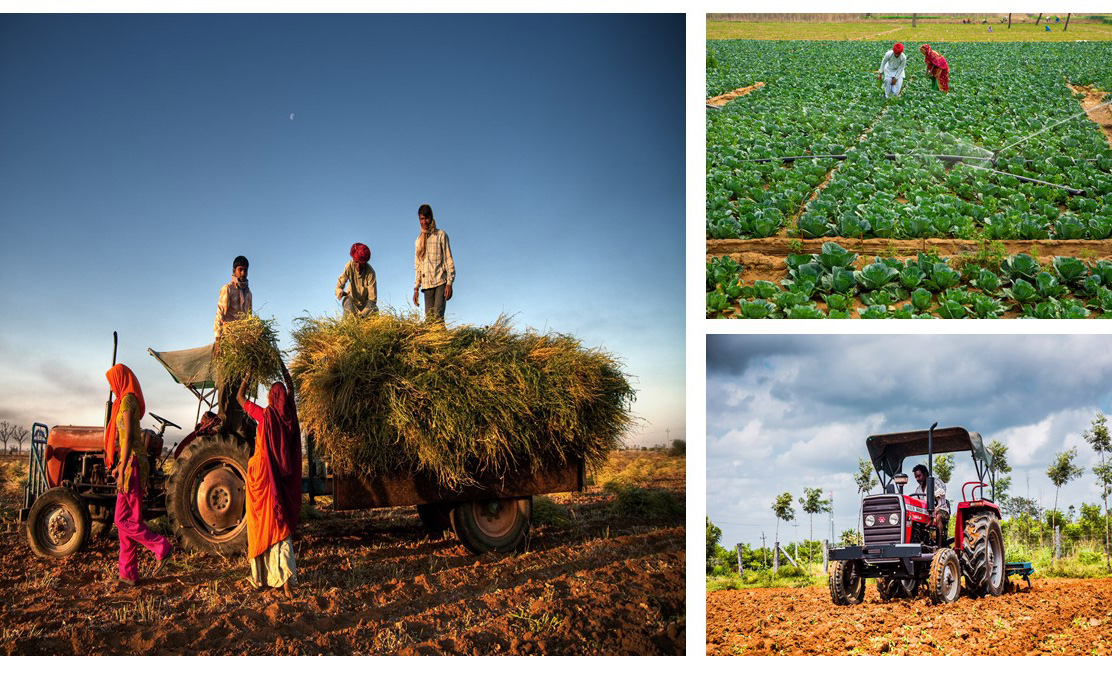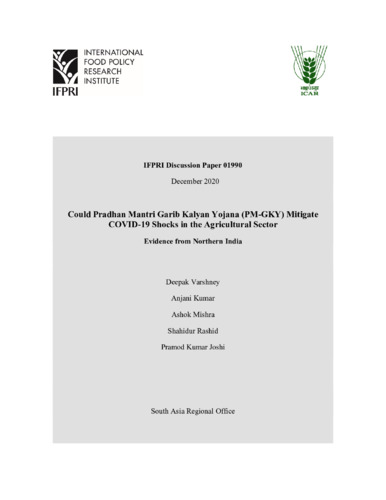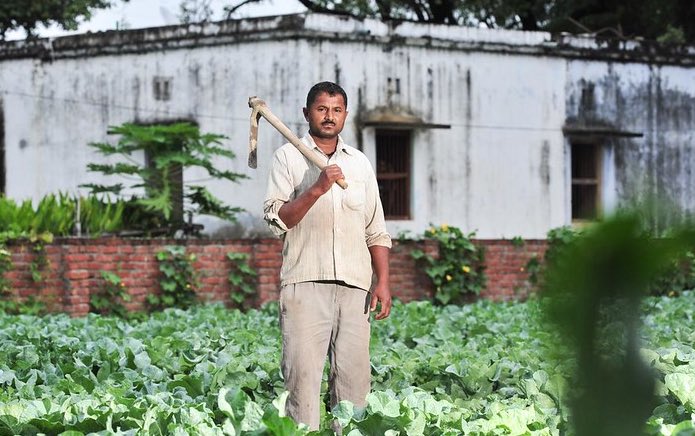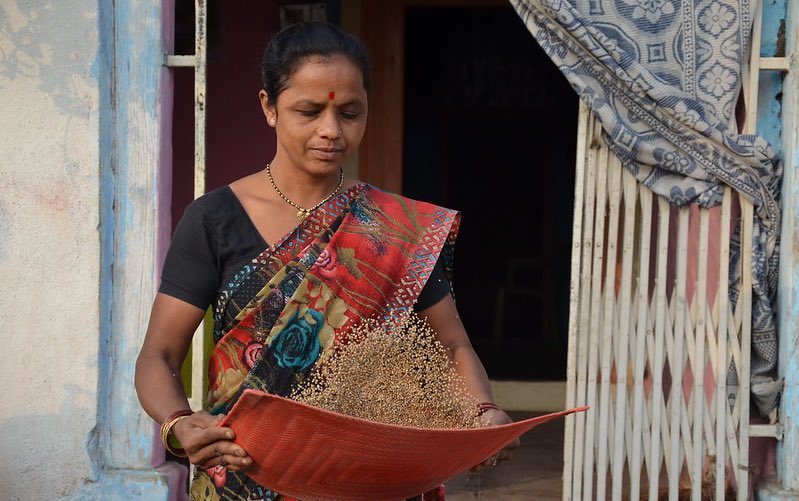The IFPRI-ICAR collaboration consists of three main components: (i) Research Collaboration on mutually agreed topics; (ii) Training and Capacity Strengthening; and (iii) Policy Communication.
Under the research collaboration, four research areas and topics has been identified which are as follows:
- Agricultural research & extension, adoption and impact of improved technologies;
- Food Systems and Agricultural-Nutrition linkages;
- Agricultural marketing and trade; and
- Institutional innovations in food systems (FPOs, PM-KISAN, PDS, POSHAN).
The main purposes of agricultural research & extension are to compare inter-country and inter-state investment in agricultural research, develop temporal and spatial series on public investment in agricultural research, analysis the budget use efficiency at national and state, and quantify impact of agricultural research on agricultural growth, poverty and food security. The main objectives of adoption and impact of improved technologies are to (i) identify key factors associated with the adoptions of vertical farming, hydroponics, and precision farming in selected locations in India; (ii) examine how are the adoptions associated with production behavior and incomes; and (iii) explore policy issues in promoting these technologies. Under the food safety measures (FSM), the main objectives are to assess the adoption and cost of compliance of FSM at different levels of value chain, identify the determinants of FSM and its impact on performance of value chain actors.
Under the Food System and Agricultural-Nutrition linkages, will explore how cropping and livestock ownership patterns affect household diets and nutrition (as measured by prevalence of stunting and BMI) in India.
Under the agricultural marketing and trade, will investigate key characteristics of agricultural markets and mapping opportunities and competitiveness for harnessing export potential of Indian agriculture. In the innovations in food systems will examine whether cash transfer programmes such as PM-KISAN, DBT improve farmers ‘choice sets and reduce their transaction cost in accessing the subsidy, do conditional cash transfer lead to faster adoption of improved inputs and modern technologies and how can we encourage new innovative ways to translate this growing data into actionable market intelligence.
Under the capacity strengthening, IFPRI will organize advanced training courses on different modelling such as CGE, Partial Equilibrium Modelling, Impact Evaluation, and advanced econometric tools for policy analysis. Find list of the policy communication events and capacity building workshops under the ‘Other Resources’ tab below.














